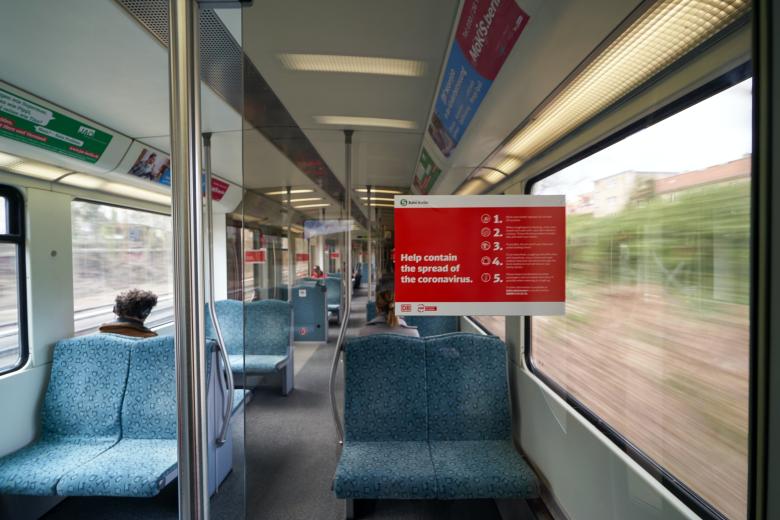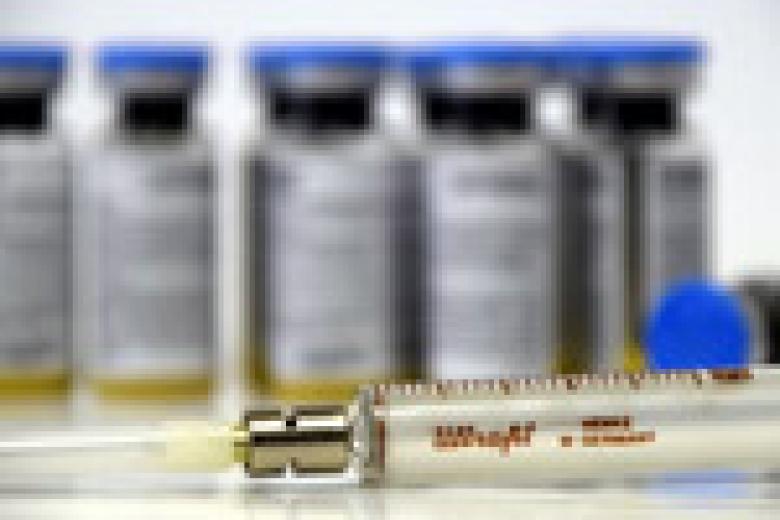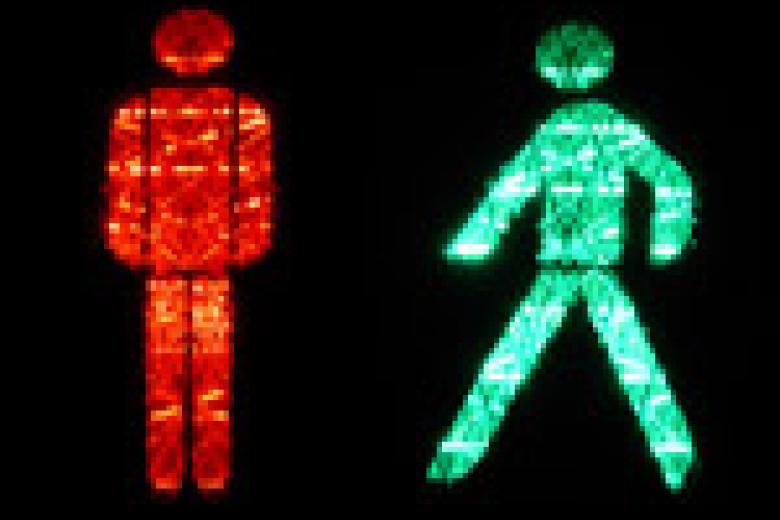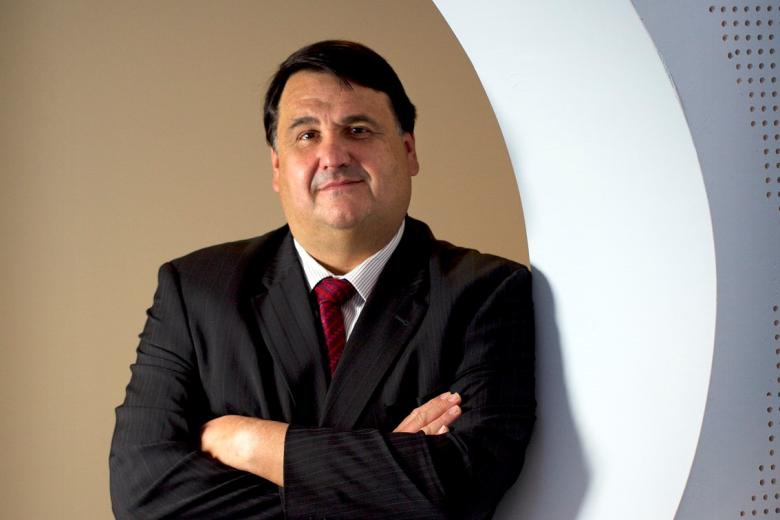Hoarding and other corona symptoms
The coronavirus pandemic is certainly the greatest crisis that most of us here in Europe have been confronted with in our lifetime. It affects the lives of every one of us, our families, loved ones, our colleagues and neighbours. The fact that this is a new virus which leads to a contagious disease with ultimately unknown consequences and that the experts can only make predictions about how this will all end generates insecurity, fear and concern about our future—individually, but also as a society.
It is clear that this virus has and will continue to change our lives. The insecurity makes many of us sleepless and we sometimes get the feeling that we are all part of the same disaster movie. In fact, one of the most streamed movies at this time is Contagion, a thriller from 2011 about the course of a new, highly-infectious viral disease that is transmitted from animals to humans, very much along the same lines predicted for COVID-19. In the movie, the disease develops into a pandemic with a high mortality rate. This has deleterious effects on society, including looting and violence in the streets and the spread of alternative facts and conspiracy theories. There is a race for a treatment. The movie ends with the development of a successful vaccine, but millions have died and the impact on mankind is immense.
Clearly, it is not a movie to watch right now if you want to sleep better. We also have to realise that it is a work of fiction, and from what we know now, it appears that the new coronavirus is less lethal than the fictional virus in the movie. Nevertheless, each and every one of us must ask himself or herself how we should respond to the current challenges and to those that lie ahead. The increasing levels of quarantine and reduced access to our public lives, the care for our children and our aging parents, as well as our worries about the future of our jobs puts a great strain on us. How can we best respond to these challenges?
The ugly thing with a pandemic is that it not only causes disease symptoms but also ‘societal symptoms’. We are seeing some of them already. One that is easily observed is that supermarkets shelves are being emptied, even of some unexplainable items (Why is everybody stocking up on toilet paper?). Bakeries are out of bread because people are hoarding. This is creating uneasiness while at the same time preventing elderly and frail people, as well as our healthcare workers who work so hard for us and can’t choose when to do their groceries, from buying what they need.
There seems to be a run on medical face masks that are pretty much useless for preventing the disease in laypeople who often do not know how to fit and use them properly and this is creating a shortage of these items among medical personnel who really need them. Recently, I heard from a colleague in Berlin that someone had even stolen disinfection materials from a children’s oncology ward, from an environment where these materials are needed most. And from my American relatives I am hearing worrisome stories about long lines in front of gun stores and a sharp increase in first-time weapon buyers, preparing for a possible rise in crime or civil unrest.
We have to realise that we need to respond to the challenges of this situation in the most human way possible. That means we need to do more than just ‘stay calm and carry on’. I am encouraged by many signs of this and by the fact that we are seeing acts of kindness—neighbours helping each other, students volunteering to shop for older people and those in need, employees offering to work at the university to introduce an online education system despite difficult situations at home, and the people at the front lines of medical care making enormous sacrifices every day, just to name a few. This gives me hope—hope that while we await more healthy times, healing the symptoms that the pandemic is causing in our society is up to us, and we are fully capable of doing so. By caring for each other, performing random acts of kindness and, above all, staying human. Ultimately, we must realise that we are not in a movie and that we are not actors who must follow a predetermined script.
Amidst this COVID-19 crisis we are all bombarded by the news channels – often also with information on medical issues. These news items include unfiltered and even dangerous information, for example on social media. In this context I will provide this medical blog where I share my thoughts, and aim to focus on evidence rather than on hype. These are personal opinions that should provide some food for thought for our academic community. They are not intended as formal statements by the executive board.
-
Looking for a safe place to travel during the pandemic
After an exhausting few months in the ‘COVID-19 era’—as we can call it now—after months of hard work and the stress of dealing with a pandemic, everybody is looking to take a break during the summer. But unlike in recent years when we could plan our summer vacation months in advance, this year it...

-
The search for a vaccine: scientific and ethical considerations
It feels sometimes as if the whole world of science is working exclusively on finding a cure for COVID-19. If you are looking at the search for an effective vaccine, it was recently published in The New York Times that more than 130 vaccine candidates are currently in the pipeline, which is still...

-
Coming back to the workplace in pandemic times
In the current phase of the COVID-19 pandemic, countries across Europe are fortunately seeing a decrease in detected infections, hospital admissions and deaths. This is the effect of lockdown policies with different elements but with the common denominator of social distancing, travel restrictions...

